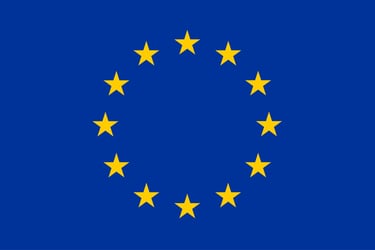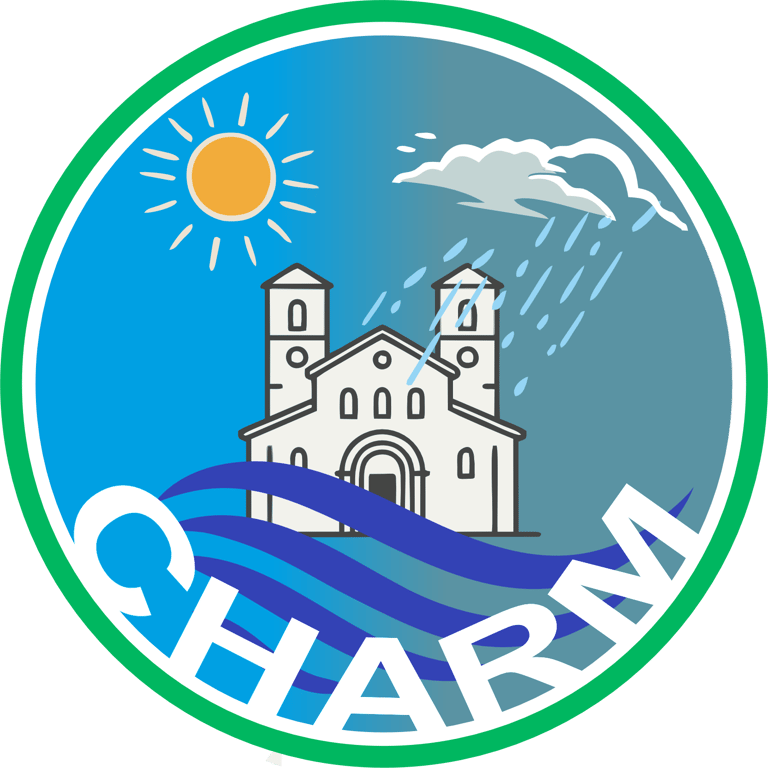European Doctoral Network
The doctoral network CHARM (Conservation of Heritage Architecture, buildings and sites by Resilient Methods: hydro-climate factors) aims to train 13 doctoral candidates in response to unfulfilled recruitment needs in research and innovation sectors on cultural heritage conservation and restoration. CHARM puts together researchers from universities and research organisms, national and local organizations in charge of Cultural Heritage conservation, Small and Midsize Enterprises, industrial producer of building materials, and Non-Governmental Organization, from 9 European and 1 South American countries.
CHARM develops new sustainable conservation and restoration solutions, adapted to the current and future climate conditions, designed in a circular economy philosophy, having a low environmental footprint and high handprint. CHARM also responds to socio-economical requirements of wellbeing and proposes conservation/restoration solutions economically acceptable and respecting the cultural value of buildings.
CHARM proposes a holistic approach including:
Site observation and data collection
Data preparation to be used by AI, models, etc
Methods for understanding and modelling past and future degradation of architectural heritage
Sustainable conservation solutions to several observed problems
Assessment of the impact of architectural conservation on the environment and of the environment (past, present and future) on architectural heritage
Bidirectional interactions with society proposing risk management plans but also taking into account the society wills and needs
CHARM will focus on some important conservation problems of architectural heritage related to the effect of water and climate in cultural heritage buildings and sites. Water is the main cause of weathering of building materials and it affects mainly, but not exclusively, the external envelope of buildings. Water present in buildings can produce different damages such as dissolution of materials, materials volume changes, salt crystallisation, ice growth in pores, etc. Problems are generally related to an excess of water but dry periods can generate other problems, such as soil and buildings cracking by materials swelling and shrinkage.
CHARM develops a durable training program consisting of academic courses, summer schools, online seminars, restoration work-camps, international conferences (organisation and participation), moocs. These activities will continue after the end of project.


The CHARM project has received funding from the European Union's Horizon Europe research and innovation programme under Grant Agreement No. 101226989
Réseau
contact@charm-project.eu
© 2025. All rights reserved.


